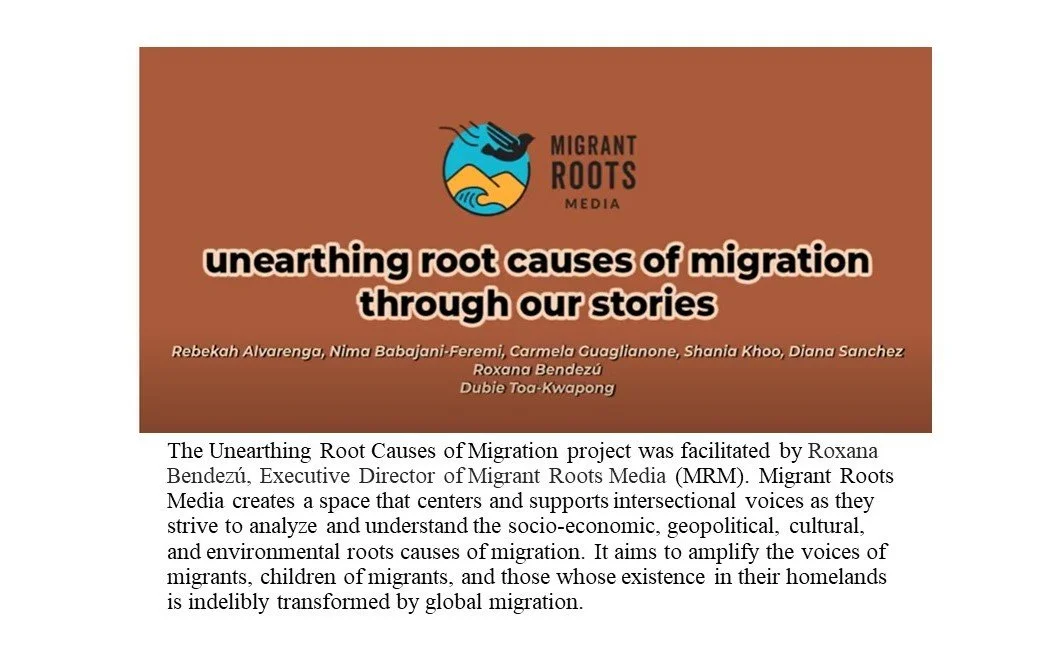Interdependence Benefits Independent Scholars
by Janet Salmons
I was cleaning up my office bookshelves and came across The Independent Scholar’s Handbook. I have no recollection of when and where I obtained it, but it was a bit of kismet to discover it now, when we are focusing on research beyond academia. I was struck by the timeliness of the book, originally published in 1983. I immediately searched for the author, and he agreed to a Methodspace interview.
I resonated particularly with two chapters of the book. In “Friends Learning Together: Working with Others,” Gross encourages us to find fellow scholars and mentors, and to cultivate intellectual partnerships. A later chapter emphasizes why this is important: “You Need Not Be Alone to Be Unique: Interdependence Among Independent Scholars.” He points out:
“The dark side of independence is isolation. The scholar working on his or her own can ssuffer from the lack of contact with peers or even with people in any field who are engaged in serious intellectual work. The consequence can be loneliness, but there is an important intellectual danger too.”
Gross suggests that the danger of working without feedback or idea exchange is remedied when we see our independent work as interdependent. I could not agree more! When we are independent and work remotely, we have to make the effort to find colleagues and build relationships. Building the kind of trust that allows for candid dialogue and meaningful mutual support takes time. We might feel we are too busy, or that such communication is a distraction from completing the immediate project. From my perspective, that is short-sighted and counter-productive.
Last October Natalia Reinoso Chavez and I recorded this conversation for the NVivo online conference. We wanted to share our experience of collaboration. We are not currently collaborating on a specific project. We are friends learning together. We are different ages, from very different cultures and places. She is excited to form a friendship with me because she has read my books. I am excited to form a friendship with her because I am intrigued by how she overcomes daunting challenges to do meaningful research. In the process, we have discovered shared non-work passions such as art journaling.
Natalia is an independent researcher and scholar from Bogotá, Colombia. Regular readers might recognize her name, because she gave an extraordinary presentation about research ethics and her studies with remote Indigenous and Afro-Colombian people in a Methodspace webinar. In a typical situation, our interactions would have been concluded when the project was completed. Instead, we continued to find reasons to chat. Hear our thoughts about the value we both feel from our personal and collegial friendship. We both hope you will be inspired to make new friends!
















Learning while doing: collaborating on a book about collaboration.